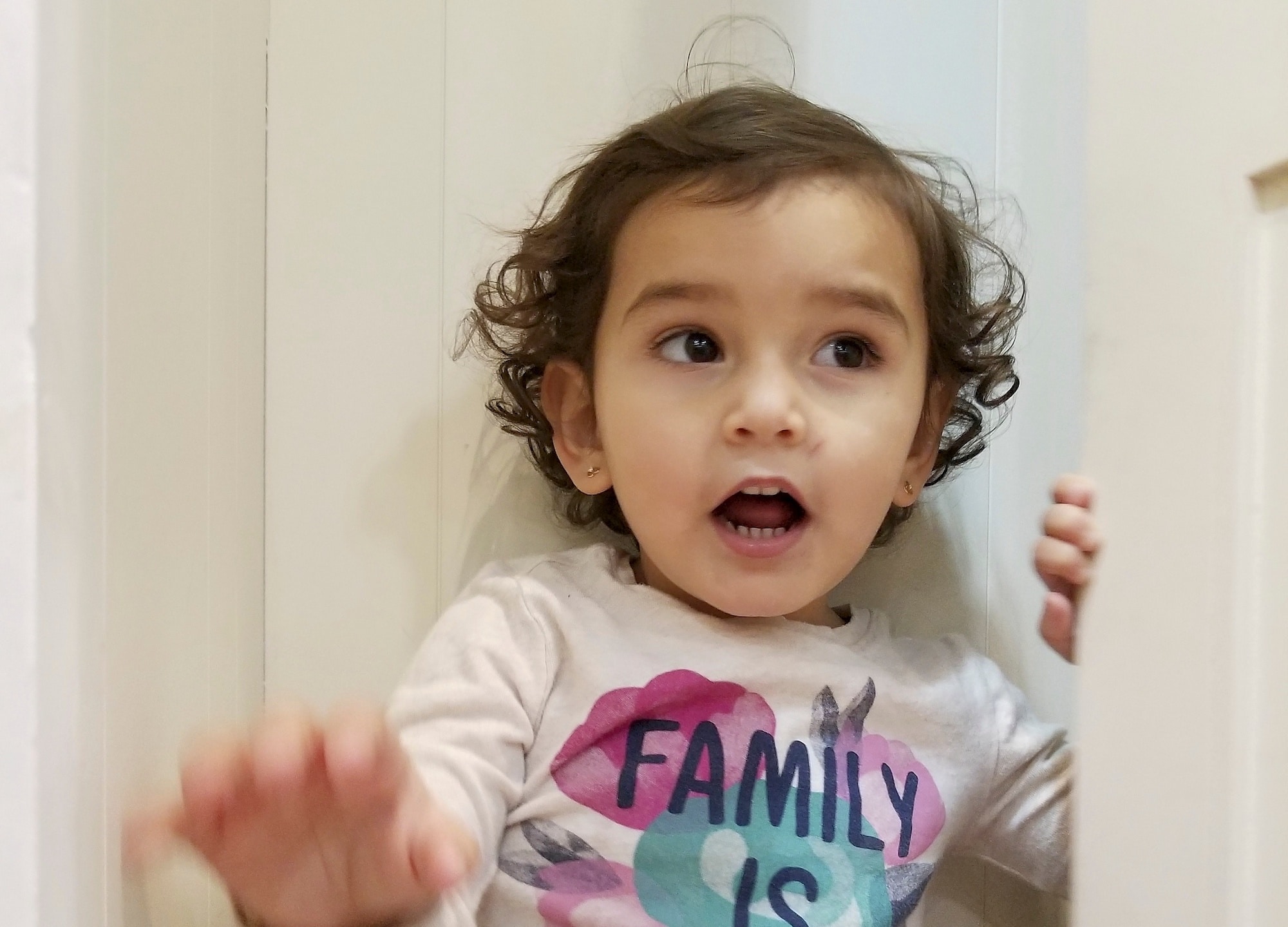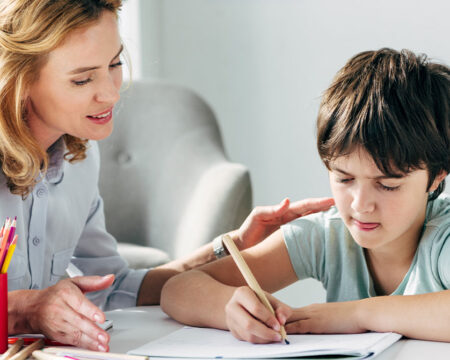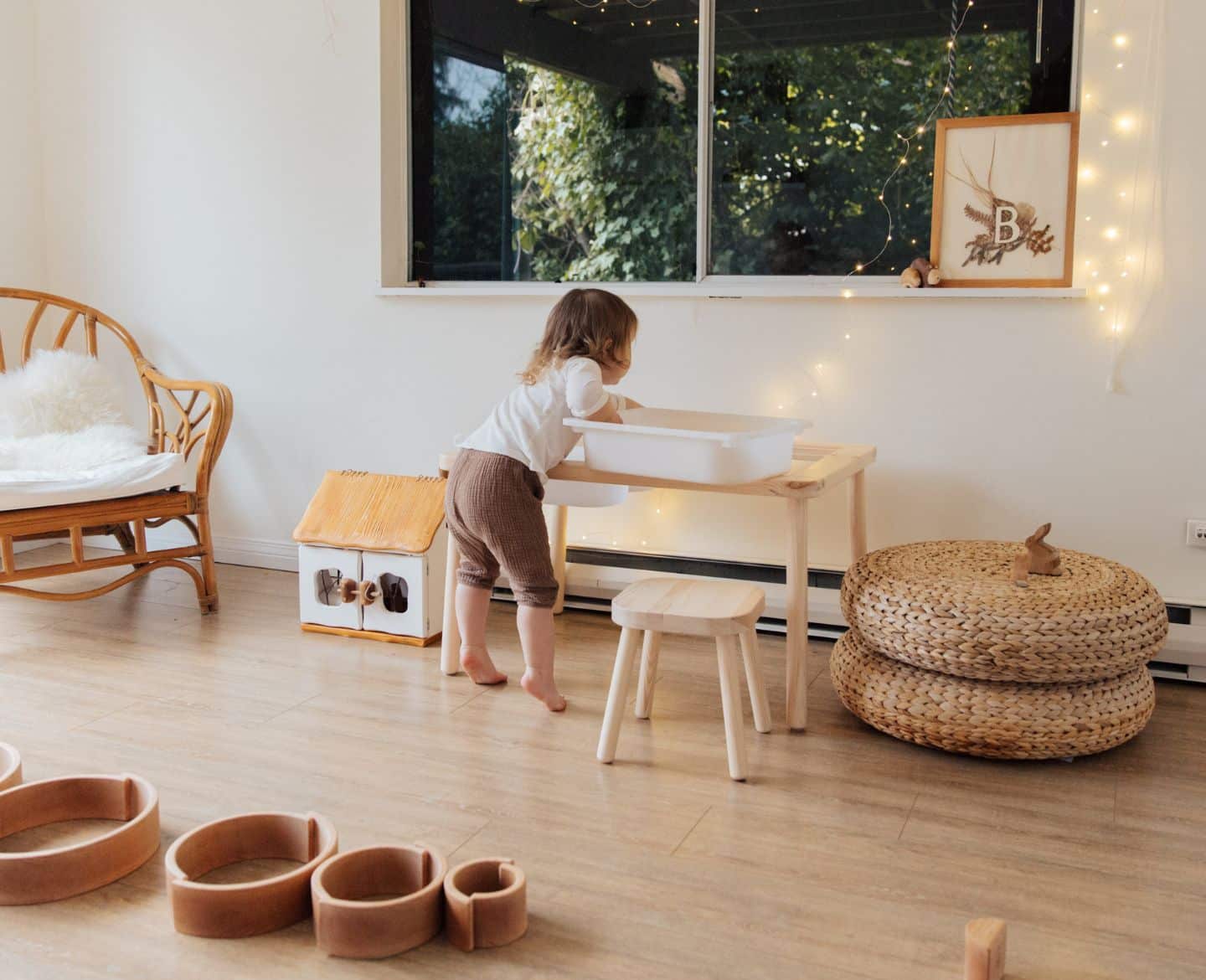Why your preschooler is struggling, according to a family therapist
Potty talk, meltdowns and opposition all mean one thing for your preschooler. Here's how to help.

“Poopy.” “Butt.” “I know you are, but what I am!” Preschooler lingo is going strong at my house these days. I know it’s normal. My son just turned five, and 5-year-olds think anything that has to do with poop is hilarious.
But the silly behaviors—along with some pretty fierce opposition and frustration-based meltdowns—have increased tenfold during the last few months with school closures, self-quarantine and now a slow national reopening that doesn’t feel anything like “going back to normal.”
As a family therapist who has done play therapy with preschool-age kids for more than 10 years, and with three children of my own, I’ve heard it all. Preschoolers are adorable little people who are testing their worlds constantly, trying to figure it all out. Wise beyond their years when not talking about bathroom stuff, these kids are working overtime trying to keep up with everyone around them.
But right now, little kids are spinning—learning a new normal, and trying to feel some sense of control in their lives.
In preschool, my son had 10 other kids the same height, who met him at eye level, who talked to him, not down to him. He had a whole group of other people who thought the same way, spoke the same way and played the same games. They communicated through toys, not words. They chased and jumped and smiled and laughed, and fell down and felt in sync with one another. He had his people.
Play is how kids experience, practice and master their world. Play is the tool by which preschoolers develop cognitive, emotional, social and physical skills while building imagination and creativity. Being able to play is the most important thing for young children.
By age 5, kids have developed real friendships and have preferences for how and what they like to play, and with whom. And the truth is, when preschoolers can’t play with their classmates and friends, they miss them deeply—even if they don’t know how to say that, and can’t remember their names.
When my preschooler’s “potty talk,” meltdowns and outbursts were at a new high, I realized what he was missing.
We set up a Facetime call with his buddy Max, and I held my breath. When Max’s little face appeared on the screen, my son grabbed the phone and scurried into the living room by himself. I followed, whisper-shouting, “Don’t touch the phone! Just sit still!” Then I watched as he and Max rolled around on the ground together, each at their own homes, making silly faces, giggling, turning the phones in circles.
Then, of course, I heard my son say, “Poop!” but before I could correct him, I saw Max light up like a Christmas tree and say, “Pee pee!”
More laughter erupted. They were in heaven.
Somehow amid quarantine and the school demands of my older kids, I forgot that what my 5-year-old needed was some regular old play to keep learning and keep feeling calm and connected.
Here are a few quick tips for finding your preschooler on their level right now, to help balance out their world and keep calm in your home.
1. Play each day you can.
It doesn’t have to be for hours. Thirty minutes is usually enough. Most importantly—play by their rules! Follow their lead.
The funny thing is, after that virtual playdate with Max, my son hasn’t asked for another one. It’s hard for kids to sit face to face with another kid and just talk. That’s not how kids work. They connect by doing something together. For preschoolers, that is tough through a screen.
What is doable, though, is giving them a connection through play on their terms at home. When I started spending time down on the floor with toys and games for at least half an hour every day with my preschooler, I saw his frustrations disappear, his behavior change from negative to positive again.
2. Be silly.
When you hear, “Poopy!” they are saying, “Hey! I need attention!” Resist the urge to dole out a consequence. Get down on your knees, make eye contact, and tickle them as if your life depends on it. (If they don’t like to be tickled, give hugs, kisses, scoop them up, fly them like an airplane. Whatever is playful for them, do it.) Then remind them poop goes in the bathroom, and they can ask for tickles if they want your attention.
3. Take their cues.
I know it is hard to stop what you’re doing and repeatedly “come see!” all day long, but when a child is positively asking for acknowledgment, meeting that need forges bonds of steel, giving them confidence and the feeling that they are seen and heard. It reduces negative attention-seeking behavior, as well.
So follow their cues and take the opportunity to enter their world. You might even discover it’s fun, and stay awhile.


